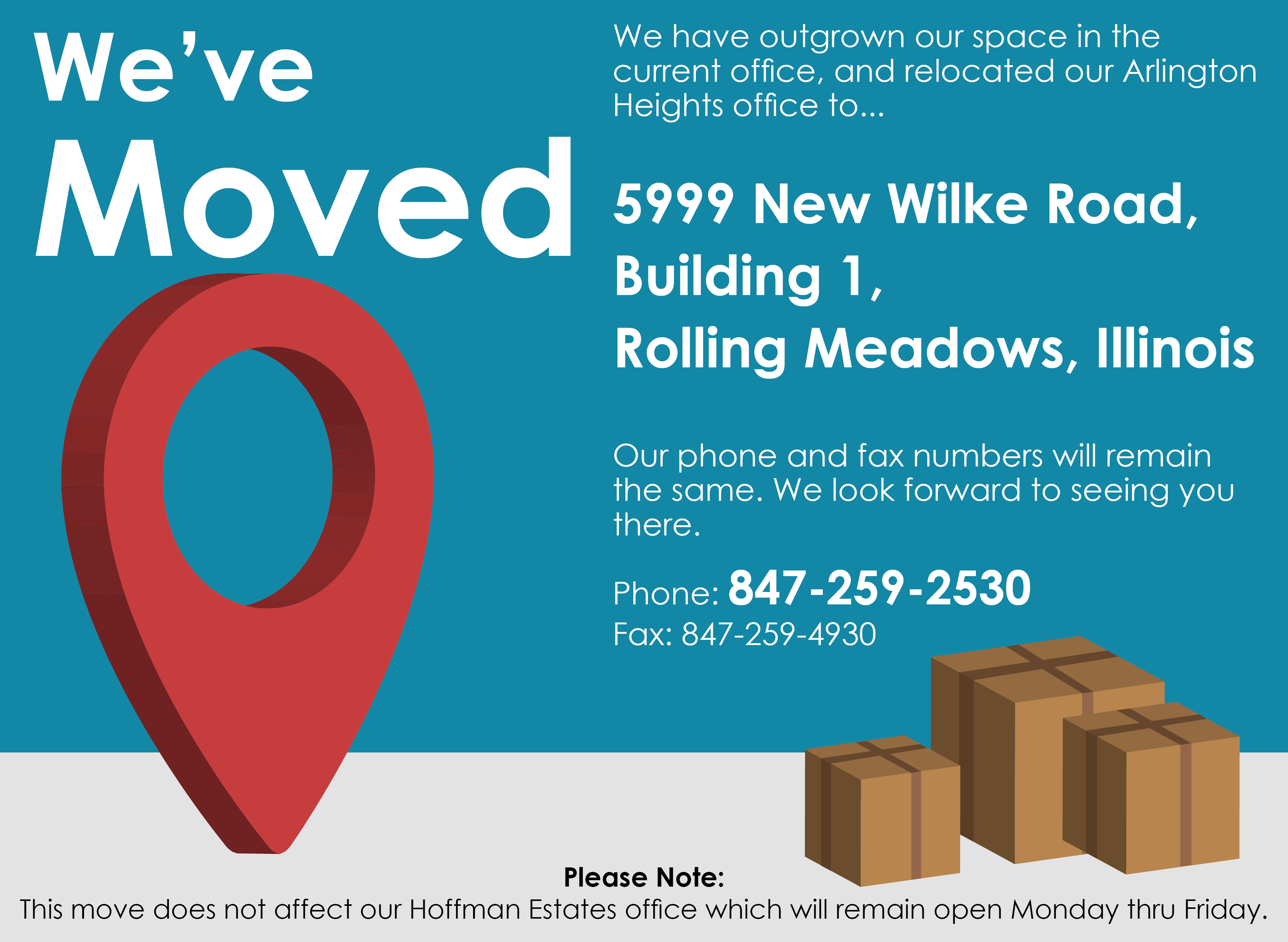MEDIALIZATION THYROPLASTY FOR VOCAL CORD PARALYSIS
There are many different reasons for vocal cord paralysis. Some of the common causes are surgical injury to the recurrent laryngeal nerve (the nerve that provides movement for the vocal cord), cancers of the larynx (voice box) or the lungs, viruses, strokes, neck trauma, thyroid cancer, or traumatic placement of an endotracheal tube. Depending on the cause of the vocal cord paralysis, it may be temporary or permanent. In addition, there may only be a partial weakening of the vocal cord. In this instance, it is referred to as vocal cord paresis.
Vocal cord paralysis usually presents as hoarseness, a weak or breathy voice, or some coughing and choking while drinking thin liquids like water. Because the two vocal cords cannot adequately close during swallowing, patients are at risk of aspiration, where swallowed foods and/or liquids enter the trachea. This can lead to pneumonia. Patients with vocal cord paralysis will often complain of “running out of air,” especially during conversation.
It can take up to twelve months to determine if a vocal cord paralysis is permanent. During this time, patients can be quite disabled, and the symptoms can adversely affect their work and quality of life. Patients sometimes derive benefit from voice therapy, but this may be time consuming and not achieve the desired voice. For patients who want to try a conservative approach in the hopes that the paralyzed vocal cord will regain normal function, a vocal cord injection can be done to bulk up the paralyzed vocal cord. The injection lasts for several months up to a year and can be repeated if necessary.
If the vocal cord paralysis is deemed permanent, your surgeon at Suburban Ear, Nose, and Throat can perform a definitive surgical procedure to rehabilitate the voice. This procedure is called a medialization thyroplasty. The surgery is done under twilight anesthesia, and the technique involves making an incision in the skin of the neck and then cutting a small window into the larynx. Then, a permanent implant is placed to medialize (push inward) on the paralyzed vocal cord so that it can touch the other vocal cord during speech and swallowing. This surgery will usually require a one-night stay in the hospital and full recovery takes about one week. Patients usually enjoy a significant improvement in function and quality of life.
